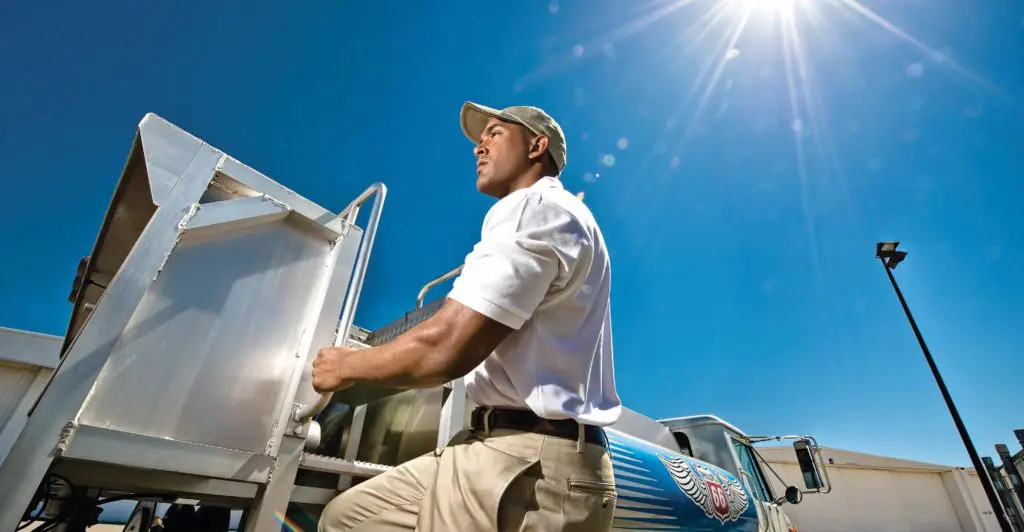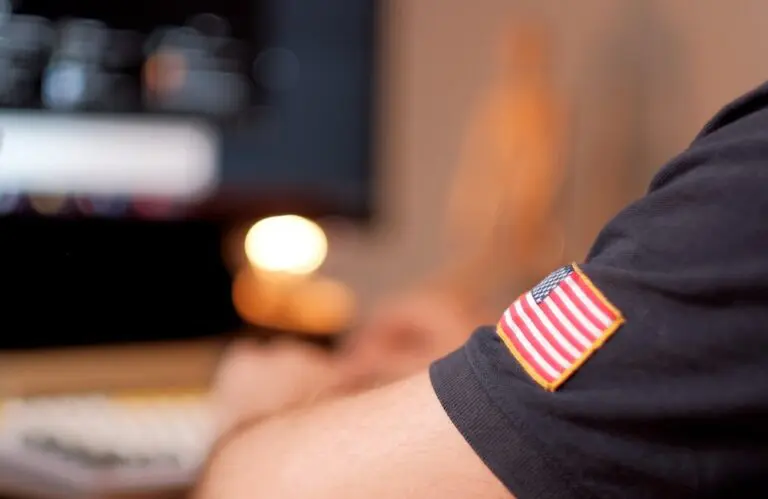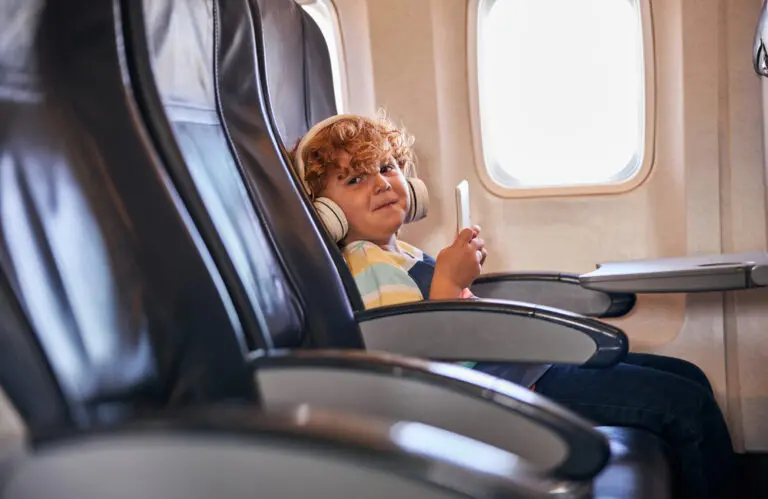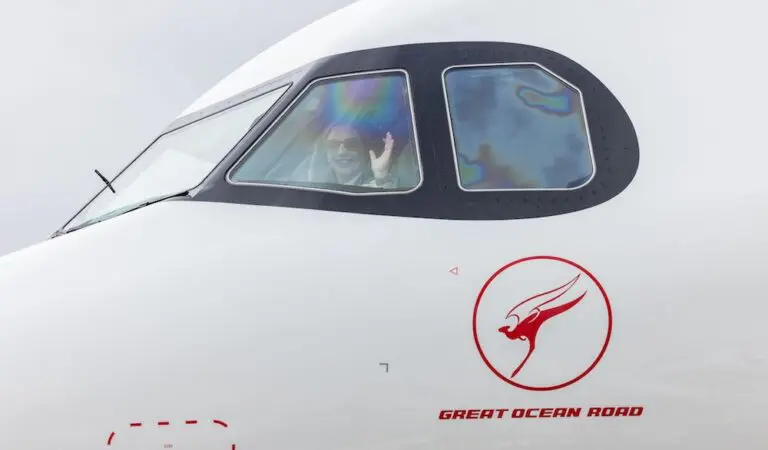Qantas, Emirates, Virgin Australia and other airlines are all under pressure to reduce fuel surcharges after an 18 per cent drop in jet prices in the past four months.
Since June this year, the price of jet fuel in Singapore has fallen from $US125 a barrel to around $US103.
Most Airlines generally buy their fuel in US dollars. And while the value of the Aussie dollar has fallen against the greenback since June, the fall hasn’t been passed onto a drop in fuel prices. Indeed it was only back in July that Qantas again increased fuel surcharges, with their second rise since the start of this year.
Speaking today to the Sydney Morning Herald Business Day, Flight Centre spokesman Haydn Long said.
“History shows that surcharges are much more likely to rise than decrease. If it was government-controlled and reviewed monthly, you would get a more legitimate amount.”
Qantas has aligned its surcharges with partner Emirates by charging different fuel fees depending on the class of seat, instead of its previous policy of a flat charge for all passengers. Qantas currently enforces a fuel fee of AUD $340 for a one-way economy and premium economy ticket to the US, and AUD $390 for business class.
On flights to the UK and Europe it now charges AUD $285 for economy class, AUD $385 for premium economy and AUD $540 for first and business class.
Neither Qantas, Jetstar nor Virgin imposes fuel surcharges on domestic flights.
Qantas said its surcharges did not fully recover the increase in fuel prices it had borne in recent years.
“We have some very competitive fares in the market but the reality is that fuel remains a huge cost that we need to manage,” a Qantas spokesman said.
Virgin said it had no plans to change its surcharges.





